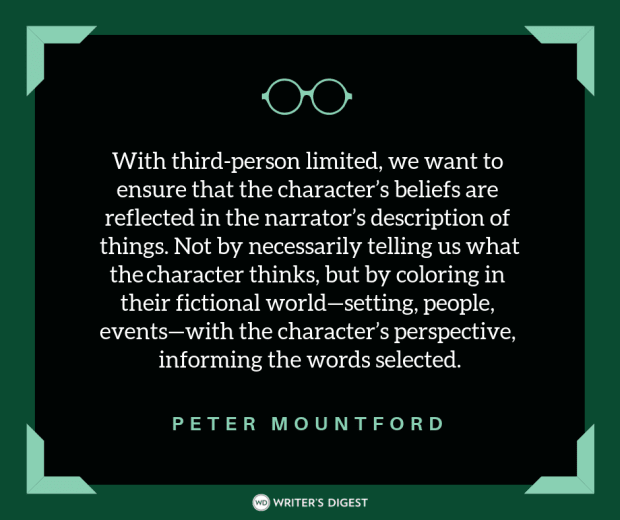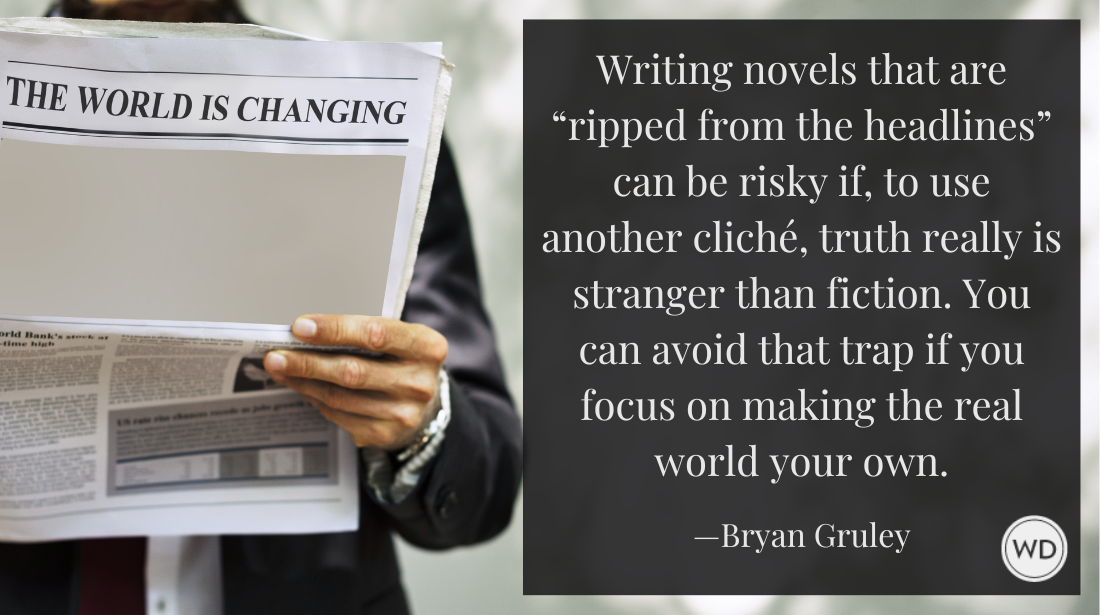The Voice of Truth and Lies
Today’s guest post is from regular contributor Darrelyn Saloom. Follow this most lovely writer on Twitter. The photo above is of Darrelyn’s grandmother Ara Coleman Wilkerson (1900-1929). I’ve written about…
Today's guest post is from regular contributor Darrelyn Saloom. Follow this most lovely writer on Twitter. The photo above is of Darrelyn's grandmother Ara Coleman Wilkerson (1900-1929).
I’ve written about feeding The Muse (who craves poetry and art in a quest to inspire). But once inspiration has sprung forth and the bones have been written, it’s time to listen to Intuition while you edit and revise. For a writer’s life is an inward journey that must tell truth from lies.
Many
writers balk at this part of the writing process, but it can be a
pleasurable mine: to confer with your sixth-sense (though she can nag
at times), but only because she lives in the subconscious and is
indefatigable and wise.
Intuition is the voice you can’t hear
because it’s a hunch, an inkling you feel as you rewrite. It questions
word usage. And pesters that something’s not right: an awkward
sentence, a paragraph, or (at worst) every line. And she can be better
than spell check at times.
One way to recognize Intuition is to
recall moments when compelled to act in the midst of strife. Perhaps an
impromptu visit to a friend, you encountered a future wife; or you
didn’t go when the light turned green, which may have saved your life.
You
can also identify Intuition by evoking occasions you scoffed her
advice. Remember that test you took, knew you had the wrong answer,
refused to change it, and failed to get it right; or sped through an
intersection as yellow blinked to red, and then saw flashing blue
lights.
Can you hear it now? Don’t be so sure. It may be the
voice of language: the loud one that encourages more pie “With ice
cream this time!” The one that has had too much to drink and says,
“It’s okay to drive!” And it’s a familiar voice. But do you know her
name?
As a writer, it’s imperative to discern the difference.
Listen. Can you hear it? Is it the voice that uses words? That tries to
convince editing is not your job, but the job of a publisher’s sprite.
“Don’t they have an entire staff to do this stuff?” it cries.
Did you hear it? That’s the voice of Sabotage, and it’s the voice of lies.
So
now that you know the difference, be still and quiet when time to
rewrite. Summon an instance when a hunch or inkling proved to be right.
Listen to the soundless voice of Intuition. And take her advice.
* * *
When
I first sat down to write about Intuition, I wrote a story about my
grandmother, Ara, who died of tuberculosis when my father was seven.
She left three young sons behind. I had never met my uncles until my
father was about to die. An emotional few days, I felt the presence of
my grandmother the entire time.
The day my uncles flew home, my
sister Jeanne and I escorted our father to his radiation appointment. I
drove the car and was compelled not to go when the light turned green,
which may have saved our lives. Because a delivery truck ran its red
light and barreled through the intersection. And the truck had a sign.
In bold letters we watched ARA SERVICES go by.
That day I named
Intuition for my grandmother Ara. And when it came time to edit and
revise this piece, every line but the one about the green light was
deleted and out poured The Voice of Truth and Lies. So this is for my
grandmother Ara, who sits with me when I rewrite.
Jane Friedman is a full-time entrepreneur (since 2014) and has 20 years of experience in the publishing industry. She is the co-founder of The Hot Sheet, the essential publishing industry newsletter for authors, and is the former publisher of Writer’s Digest. In addition to being a columnist with Publishers Weekly and a professor with The Great Courses, Jane maintains an award-winning blog for writers at JaneFriedman.com. Jane’s newest book is The Business of Being a Writer (University of Chicago Press, 2018).









